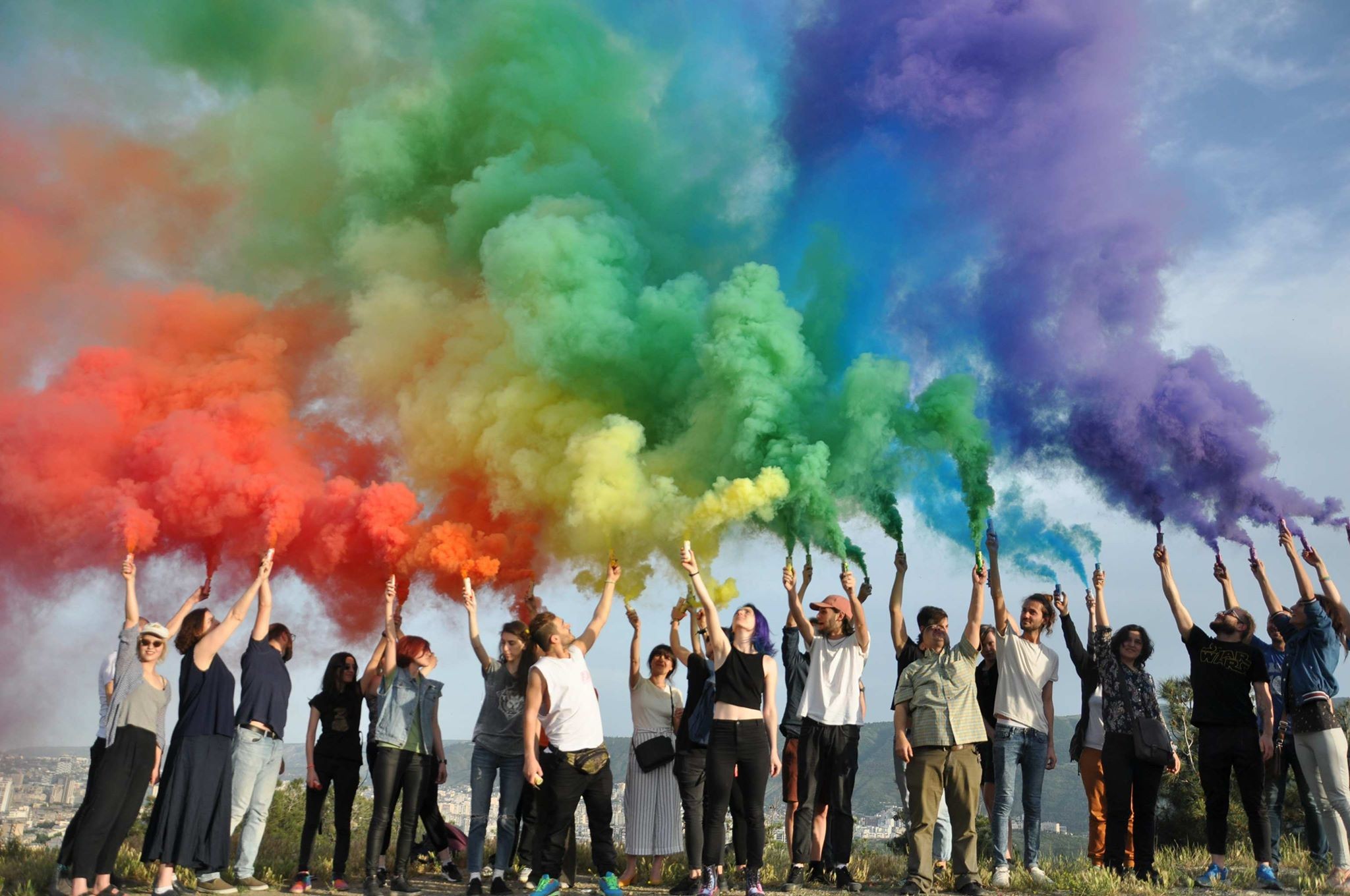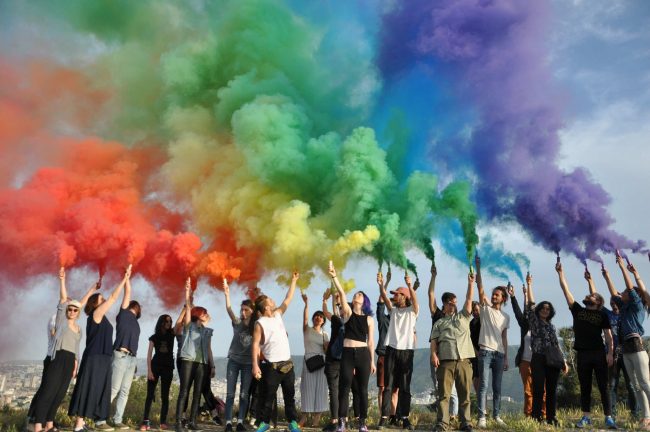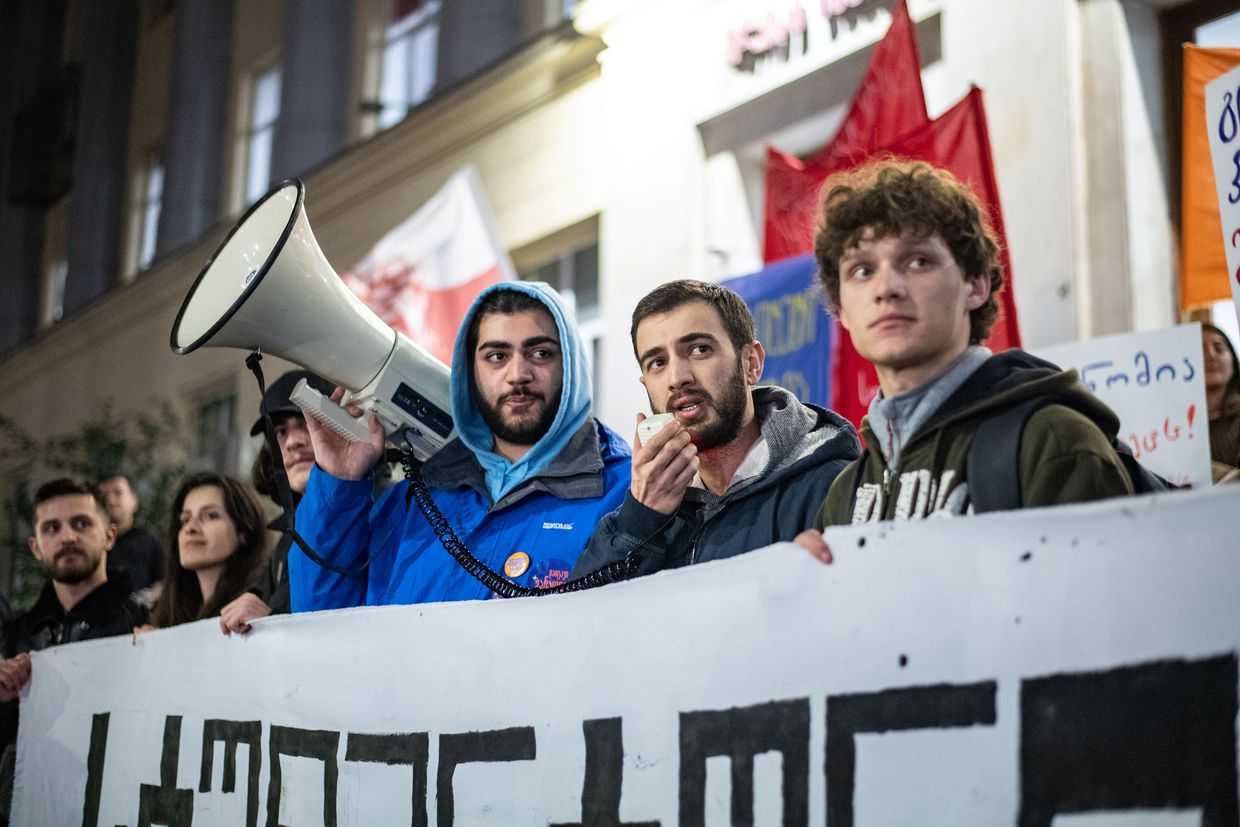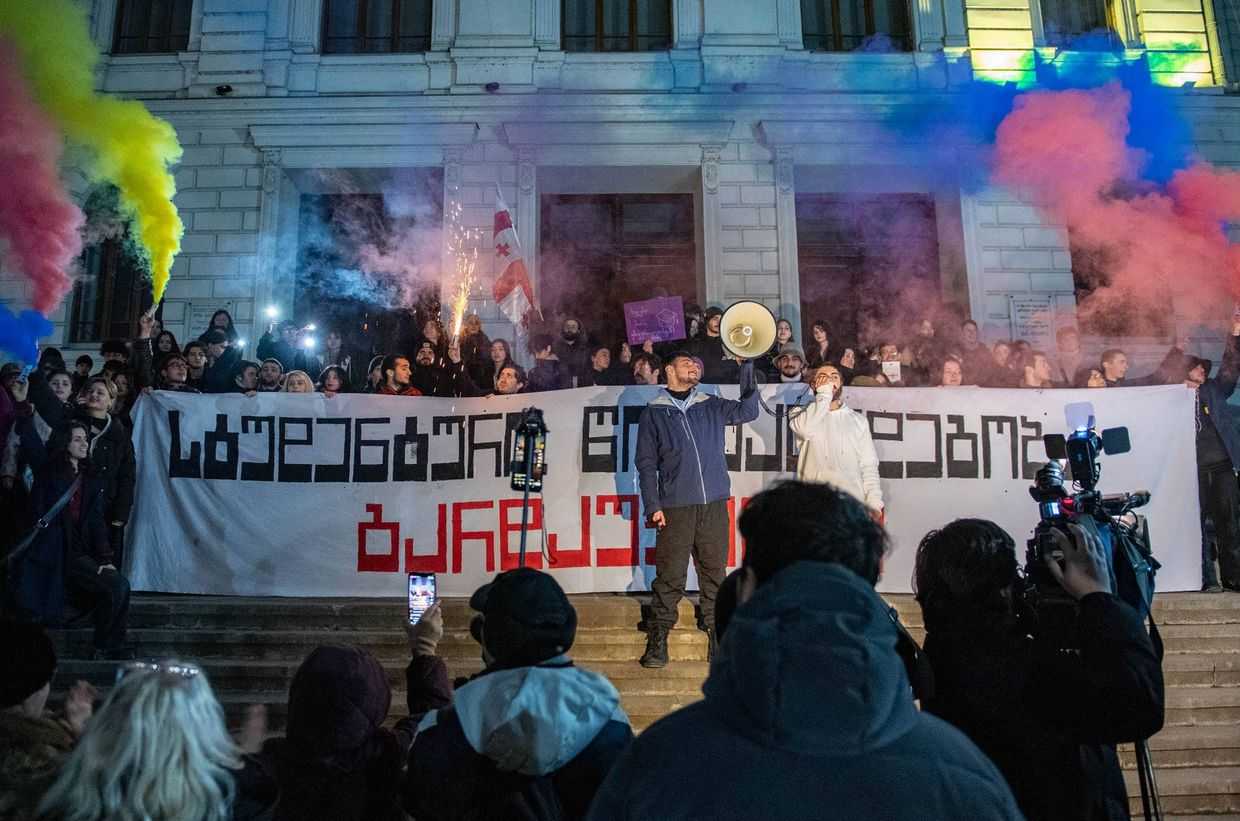

 A poll by the National Democratic Institute (NDI) showed a small gain since 2015 in the public support for queer people in Georgia. Nevertheless, queer people remain one of the least supported groups, with only 23% of the Georgian population stating that the protection of their rights was important.
A poll by the National Democratic Institute (NDI) showed a small gain since 2015 in the public support for queer people in Georgia. Nevertheless, queer people remain one of the least supported groups, with only 23% of the Georgian population stating that the protection of their rights was important.
The results of the survey conducted in June 2018 were published on 1 August. It showed a 2% gain in support for queer people compared to 2015, when 21% of the population considered the protection of their rights important.
The results showed that 44% think the protection of queer rights was not important, while 26% have a neutral attitude.
NDI asked a similar question with regard to other minority groups, with 60% answering that it was important to protect the rights of religious minorities, 60% for ethnic minorities, and 93% for people with disabilities.
The survey was carried out for NDI by CRRC Georgia between 23 June–8 July, with 2,409 people interviewed and a 49% response rate. NDI said the average margin of error was +/- 1.9%.
Homophobic violence in Georgia
On 17 May, queer activists marked International Day Against Homophobia, Transphobia, and Biphobia in Tbilisi. A major queer rights rally originally planned for 17 May was cancelled the day before, with activists citing security concerns due to ‘an unprecedented mobilisation of hostile groups’, who they said were preparing for ‘unrest and civil confrontation’.
Instead, queer rights groups organised several unannounced demonstrations in front of various government buildings, reading out their demands to the corresponding branches of government and lighting flares in the rainbow colours.
[Read on OC Media: Queer rights activists hold ‘guerrilla IDAHOTB demonstrations’ in Tbilisi after far-right threats]
In 2017, the Prosecutor’s Office examined 86 alleged hate crimes, 12 of which were based on sexual orientation and 37 on gender identity.
The Public Defender’s 2018 report said violence against queer people, whether in the family or in public spaces, was a serious problem in Georgia, and that the government has been unable to respond to this challenge.
The report said the Public Defender received numerous complaints regarding homophobic attitudes from law enforcement officials.
[Read on OC Media: Editorial | Georgia’s government must stop legitimising homophobic violence]
‘In some cases, complainants withdrew cases and refused to cooperate with the general inspection or the Prosecutor’s Office because they didn’t believe an investigation into their cases would be timely’, the report read.
The report said transgender women in particular often appeal to the Public Defender’s Office about the violence they face.
‘Unfortunately, law enforcement officials don’t have an efficient strategy against hate-motivated violence. They react to individual cases and don’t take action against the systematic problem’, the report reads.









